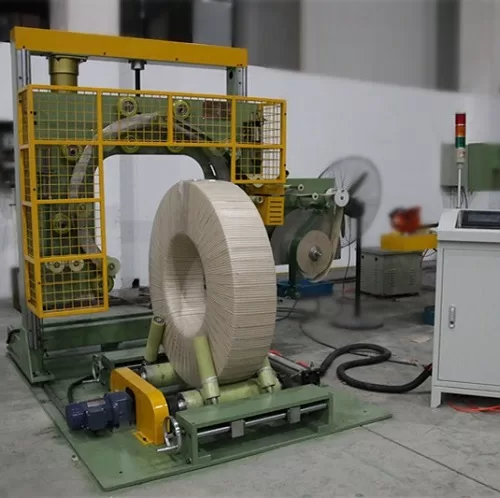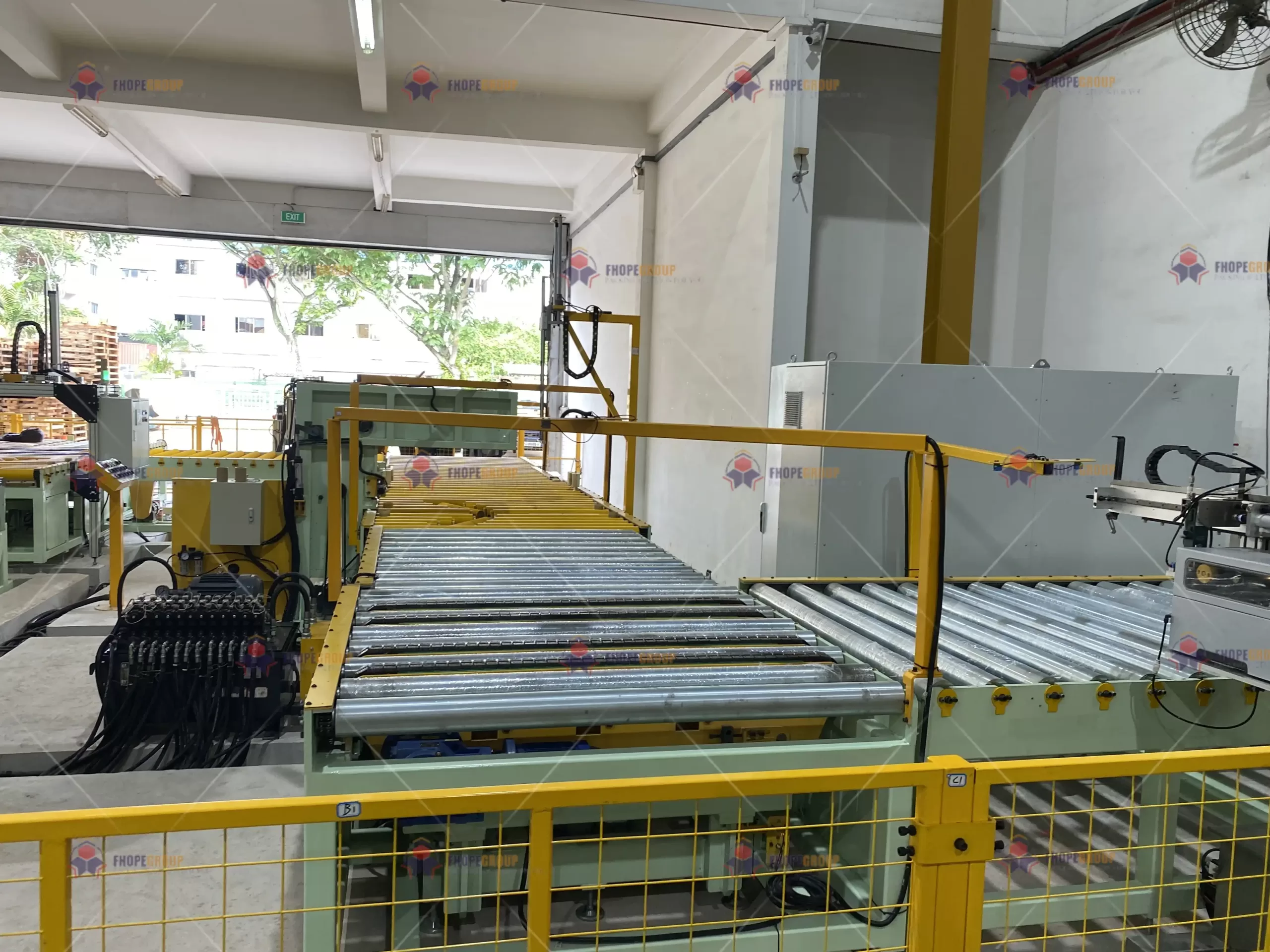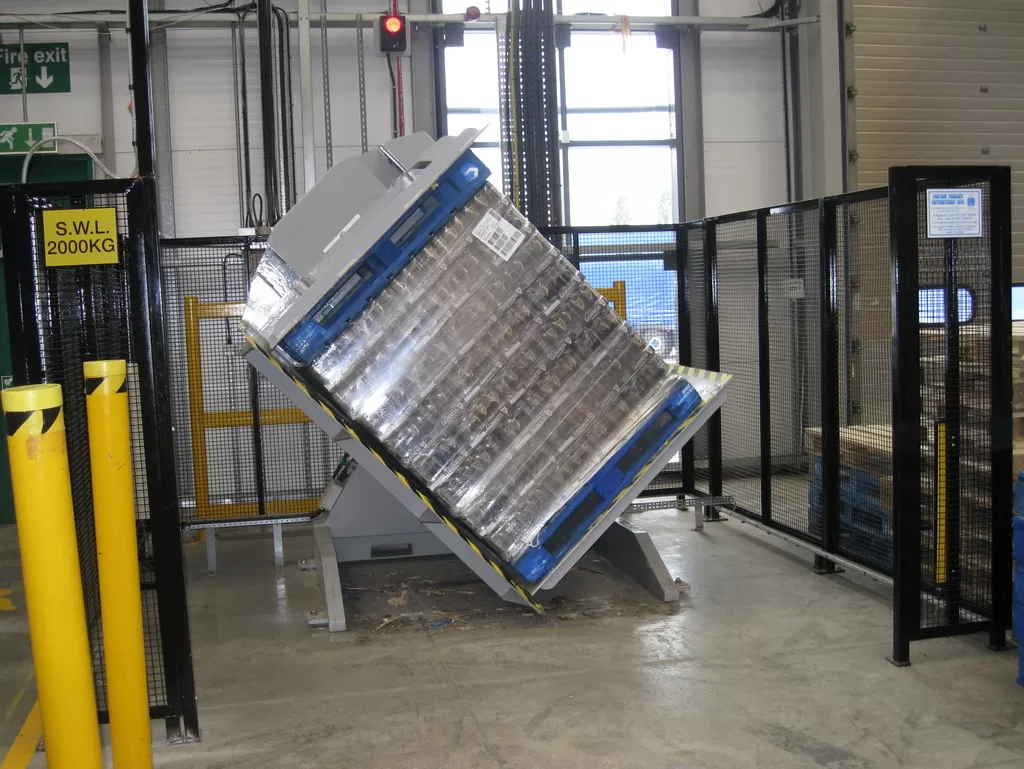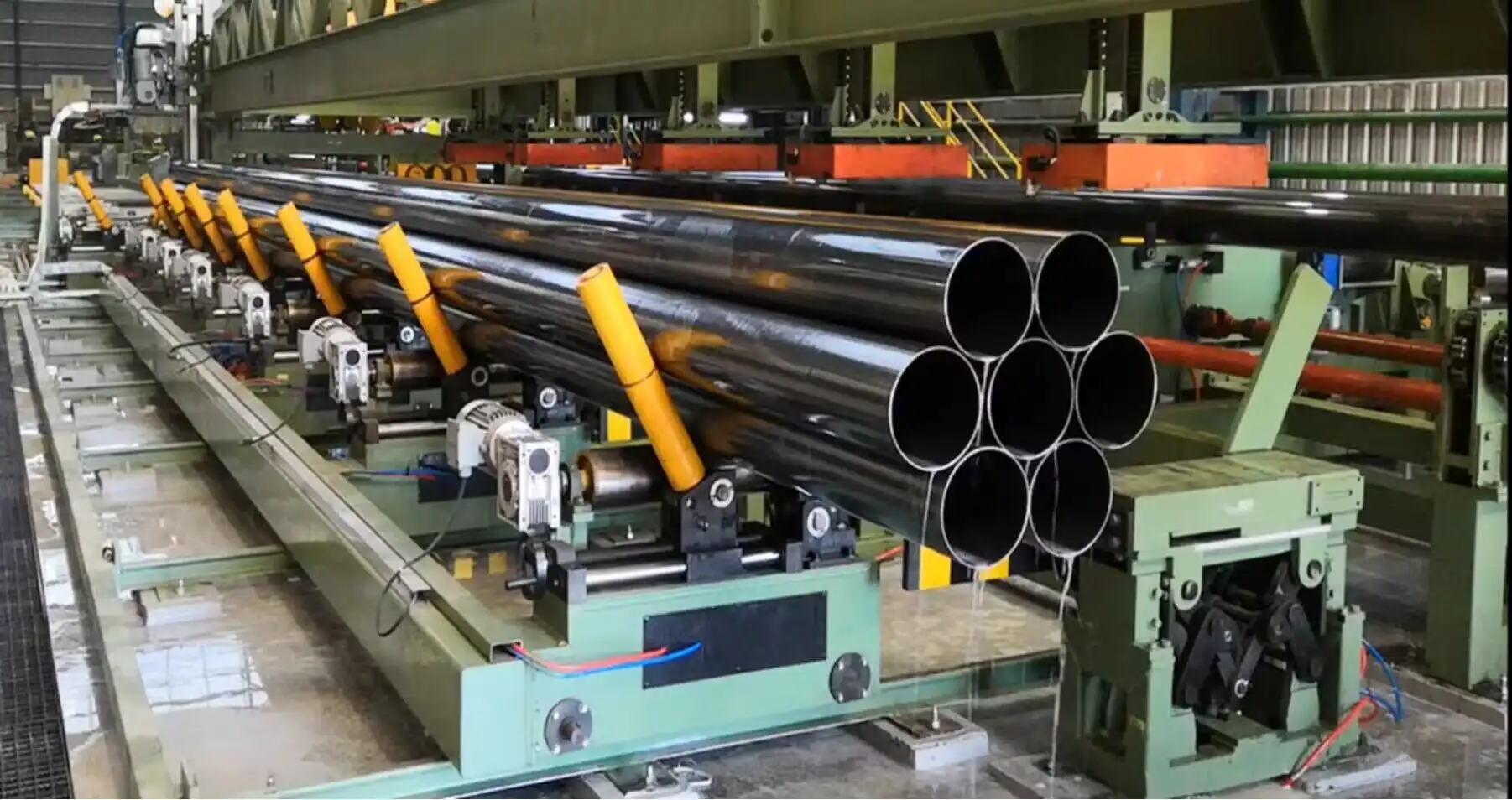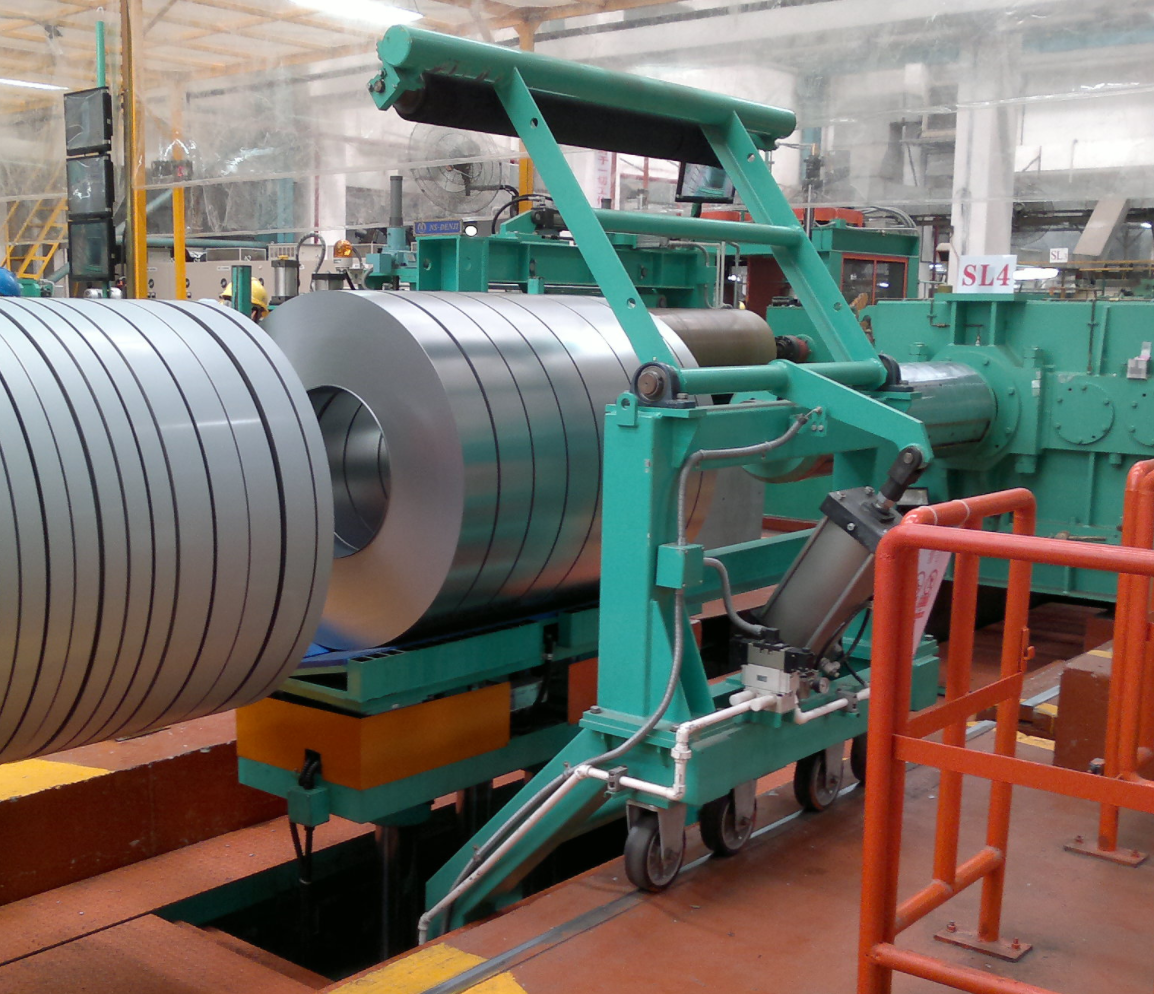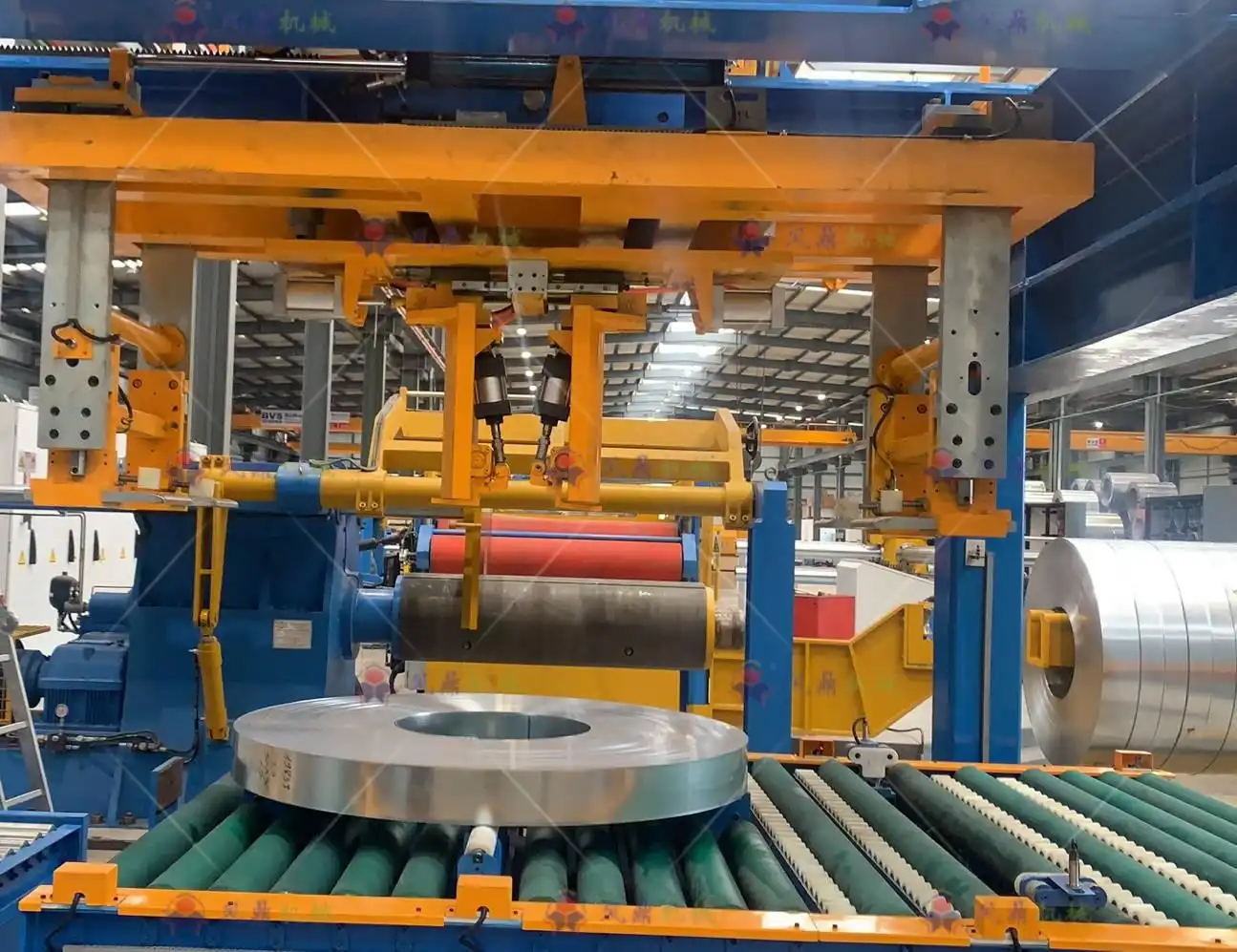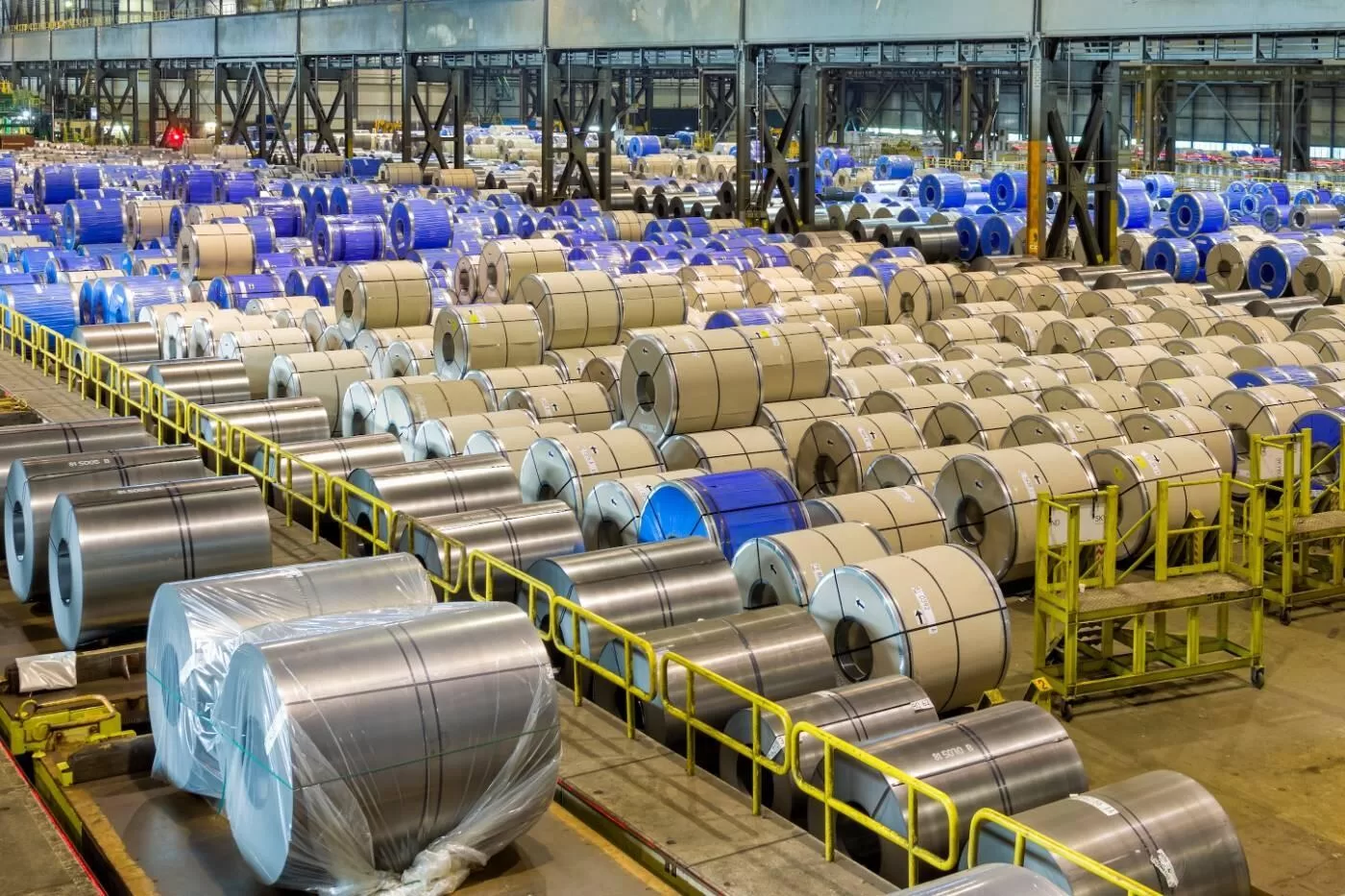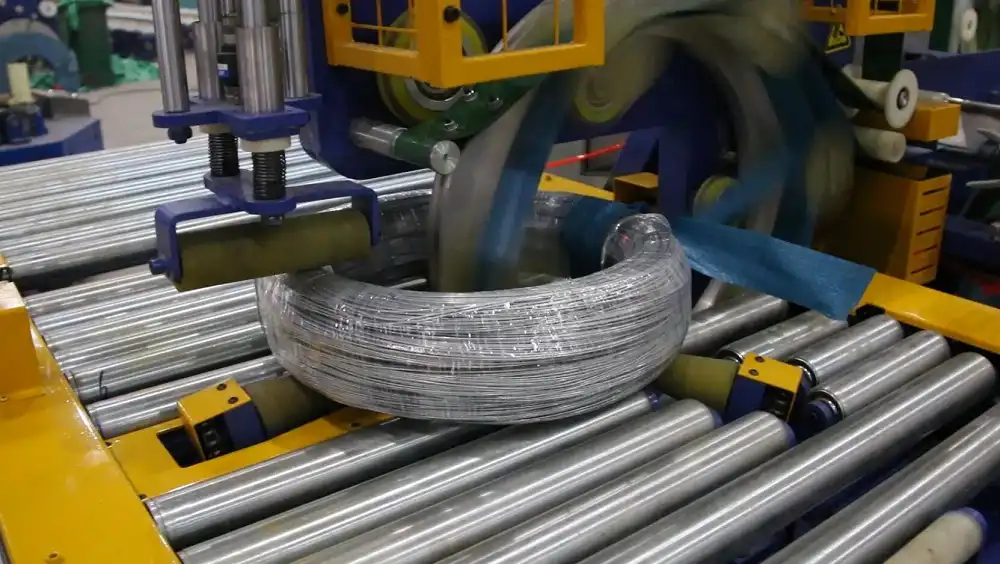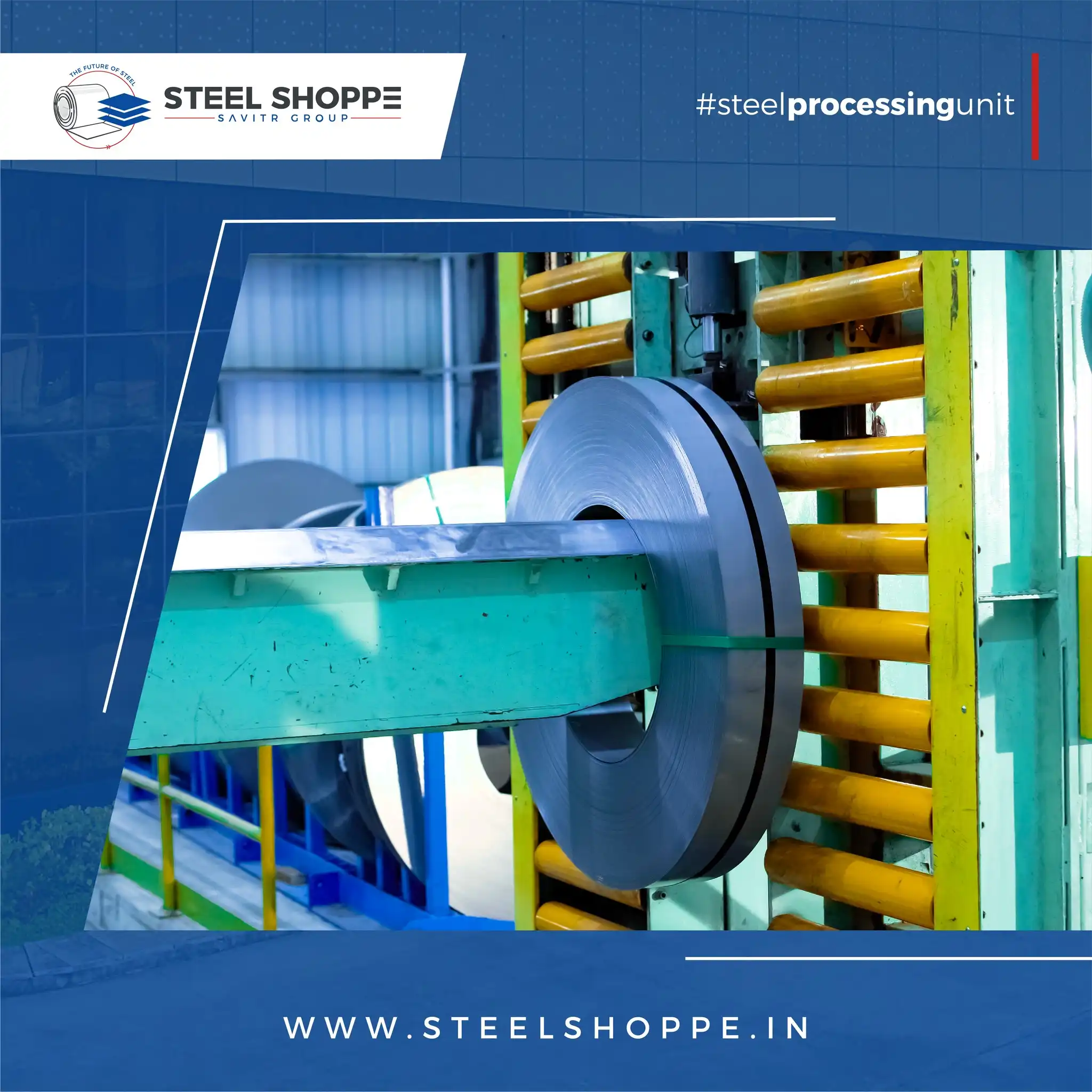Ensuring the longevity and efficiency of industrial coil packaging systems is paramount for uninterrupted production. Warranty and service contracts offer crucial protection and maintenance, covering parts, labor, preventative actions, and emergency support. Understanding these agreements is key to minimizing downtime and maximizing return on investment for your packaging operations.
In the fast-paced world of industrial manufacturing, downtime is the enemy. For businesses relying on efficient coil packaging systems, unexpected breakdowns can lead to significant production losses, missed deadlines, and increased costs. To mitigate these risks and ensure continuous operation, understanding the crucial role of warranties and service contracts is essential. This article delves into the world of warranties and service contracts specifically designed for industrial coil packaging systems, providing a comprehensive guide to help businesses make informed decisions to protect their investments and optimize their operational efficiency.
Understanding Warranties: Your Initial Safety Net
A warranty is essentially a manufacturer’s promise, a pledge that their equipment will be free from defects in materials and workmanship for a specified period under normal use and service. Think of it as your initial safety net, providing coverage against inherent flaws in the machinery right from the start.
What Do Warranties Typically Cover?
Based on industry standards and examples from equipment manufacturers, warranties for coil packaging systems generally include:
- Defective Parts: Coverage primarily focuses on the repair or replacement of components that fail due to manufacturing defects. This could range from mechanical parts to electrical components integral to the system’s operation.
- Workmanship Issues: Warranties also address problems arising from faulty assembly or manufacturing processes. If a machine malfunctions due to incorrect assembly at the factory, the warranty should cover the necessary repairs.
-
Limited Scope & Duration: It’s crucial to understand that warranties are typically limited. They specify a timeframe, often ranging from one year to several years depending on the component and manufacturer. Furthermore, they usually cover parts only, potentially excluding labor, on-site service, or consequential damages.
Warranty Periods: What to Expect
Warranty durations can vary depending on the type of coil packaging system and the manufacturer. Drawing from examples in related industrial equipment sectors, here’s a general overview:Warranty Type Typical Duration Notes Standard Equipment Warranty 1 Year – 2 Years Covers general defects in parts and workmanship for the main machine components. Component-Specific Warranty Variable (1-5 Years) Some manufacturers may offer extended warranties on specific critical components like burners, motors, or control systems.
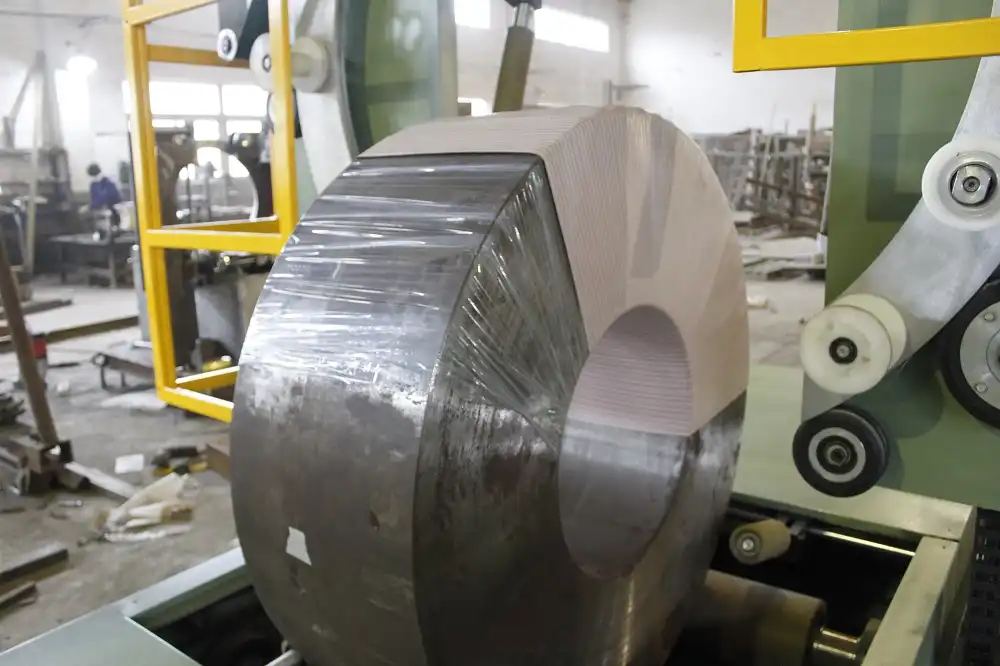
| Coating Warranty (if applicable) | 3 Years – 5 Years | For systems with specialized coatings for corrosion resistance, a separate warranty might apply to the coating’s integrity. |
Common Warranty Exclusions: What’s Not Covered
While warranties offer valuable protection, they are not all-encompassing. Be aware of typical exclusions that could impact your coverage:
- Misuse and Negligence: Damage resulting from improper operation, abuse, or neglect is almost always excluded. Warranties assume the equipment is used according to the manufacturer’s guidelines.
- Improper Installation: If the coil packaging system is not installed correctly, any resulting damage is unlikely to be covered under warranty. Proper installation by certified technicians is crucial.
- Lack of Maintenance: Warranties often stipulate that regular maintenance must be performed to keep the warranty valid. Neglecting routine maintenance can void your coverage.
- External Factors: Damage caused by external events such as floods, fires, lightning, corrosive environments, or "acts of God" are typically excluded.
- Consumables and Wear Parts: Parts that naturally wear out over time, such as belts, filters, or lubrication, are usually not covered under warranty.
- Consequential Damages: Warranties generally disclaim liability for indirect losses like downtime costs, lost profits, or production delays resulting from equipment failure.
- Labor and On-site Service: Some warranties cover parts replacement but not the labor costs associated with removing, installing, or servicing the defective components on-site.
Key Takeaway: Warranties are a vital starting point, protecting against manufacturing defects. However, their limited scope and duration highlight the need for a more comprehensive strategy to ensure long-term system reliability – which is where service contracts come into play.Service Contracts: Proactive Care for Long-Term Performance
Service contracts, also known as equipment service agreements or maintenance contracts, take a proactive approach to system upkeep. They are designed to extend beyond the reactive nature of warranties, offering ongoing maintenance, support, and preventative measures to keep your coil packaging systems running smoothly and efficiently throughout their operational life.
Benefits of Industrial Service Contracts: Why Invest?
Investing in a service contract for your coil packaging system offers a multitude of advantages, contributing directly to your bottom line and operational stability: - Preventative Maintenance & Reduced Downtime: Service contracts emphasize scheduled maintenance visits by expert technicians. These proactive checks, lubrication, adjustments, and component inspections identify and address potential issues before they escalate into costly breakdowns. This minimizes unexpected downtime and keeps your production line moving.
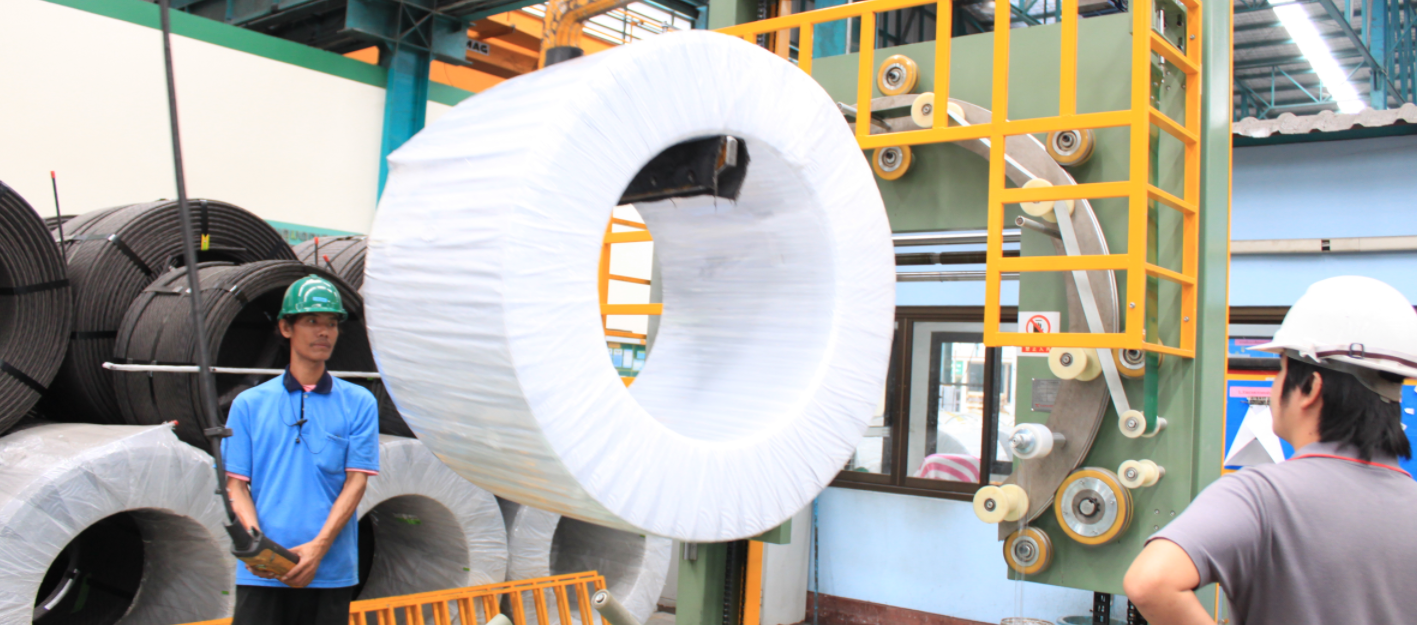
- Extended Equipment Lifespan: Regular, professional maintenance, as provided by service contracts, directly contributes to a longer operational life for your coil packaging system. By addressing wear and tear, replacing aging parts, and ensuring optimal operating conditions, you maximize your initial investment and postpone costly replacements.
- Improved System Reliability & Performance: Consistent maintenance ensures your system operates at peak efficiency. Tuned machinery, clean components, and timely adjustments lead to optimized performance, consistent packaging quality, and reduced waste.
- Cost Savings & Predictable Budgeting: While there’s an upfront cost to a service contract, it can lead to significant long-term cost savings. Preventing major breakdowns is far more cost-effective than reactive repairs and lost production. Furthermore, many service contracts offer fixed rates for labor, travel, and even parts, allowing for predictable maintenance budgeting.
- Expert Support & Specialized Knowledge: Service contracts provide access to factory-trained technicians who are intimately familiar with your specific coil packaging system. They possess the expertise to diagnose issues quickly, perform complex repairs, and offer valuable advice on system optimization and operation.
- Improved Safety: Regular safety checks are often a component of service contracts, ensuring that safety mechanisms are functioning correctly and that the system operates within safe parameters. This protects your workforce and reduces the risk of accidents.
- Compliance with Regulations: In some industries, regular maintenance and documented service records are necessary for regulatory compliance. Service contracts can help you meet these requirements and maintain operational certifications.
- Priority Service & Faster Response: Service contract holders often receive priority service, ensuring faster response times in case of emergencies or breakdowns. This minimizes downtime and gets your system back online quicker.
- Spare Parts Management & Availability: Some comprehensive service contracts include spare parts coverage or discounted rates on parts. This streamlines spare parts inventory management and ensures timely access to necessary replacements.
-
Training for In-House Personnel: Service visits can also include training for your maintenance staff, empowering your team to handle basic troubleshooting and routine maintenance tasks, further reducing reliance on external support for minor issues.
Types of Service Contracts: Tailoring to Your Needs
Service contracts are not one-size-fits-all. Manufacturers offer various tiers and customized agreements to match different operational needs and budgets. Common types include:Service Contract Type Key Features Benefits Best Suited For Preventative Maintenance (PM) Contracts Scheduled inspections, lubrication, adjustments, cleaning, basic component checks. Reduced downtime, extended lifespan, improved reliability, lower long-term costs. Businesses with in-house repair capabilities but seeking to prevent major issues and ensure routine upkeep. Comprehensive Service Contracts PM services + parts coverage, labor for repairs, emergency service, remote support, potentially consumables. Maximum uptime, predictable maintenance costs, complete peace of mind, priority service. Businesses with critical operations, limited in-house maintenance staff, or those prioritizing maximum uptime. Remote Monitoring & Support Contracts Real-time system monitoring, performance tracking, remote diagnostics, software updates, alerts, energy efficiency analysis. Proactive issue detection, data-driven optimization, improved energy efficiency, faster remote troubleshooting, reduced on-site visits. Businesses seeking advanced system management, data analysis, and remote support capabilities.
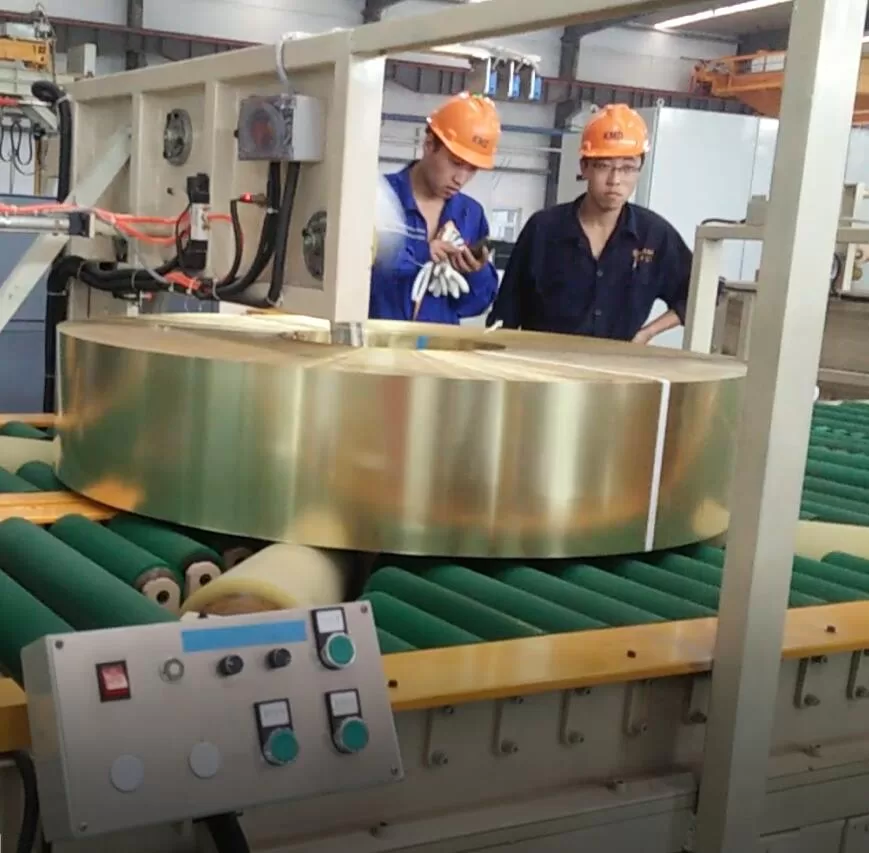
| Customized Service Contracts | Tailored services based on specific equipment, operational needs, budget, and risk tolerance. Hybrid models combining features of other types. | Flexible solutions, cost-effective options, optimized coverage for unique requirements. | Businesses with specific needs, multiple systems, or seeking to fine-tune service levels to their exact requirements. |
Choosing the Right Warranty and Service Contract: Key Considerations
Selecting the optimal warranty and service contract for your industrial coil packaging system requires careful evaluation of your specific needs and operational context:
- Assess Equipment Criticality: How crucial is this system to your overall production? Higher criticality warrants more comprehensive service coverage.
- Evaluate In-House Maintenance Capabilities: Do you have a skilled maintenance team capable of handling routine repairs and troubleshooting? If not, a more comprehensive service contract might be necessary.
- Consider Budget and Cost Tolerance: Balance the upfront cost of a service contract against the potential costs of downtime and reactive repairs. Factor in long-term savings from preventative maintenance.
- Review Contract Terms and Coverage Details: Carefully read the fine print of both warranties and service contracts. Understand the exclusions, coverage limits, service response times, and parts availability.
- Check Vendor Reputation and Service Quality: Research the manufacturer or service provider’s reputation for service quality, responsiveness, and technical expertise. Seek customer testimonials and reviews.
- Negotiate and Customize: Don’t hesitate to negotiate contract terms and explore customization options to tailor the service agreement to your specific needs and budget.
Questions to Ask Vendors When Evaluating Warranties and Service Contracts: - Warranty:
- What is the standard warranty period for the system and its components?
- What specifically is covered under the warranty (parts, labor, on-site service)?
- What are the common warranty exclusions?
- Are extended warranty options available?
- What are the procedures for making a warranty claim?
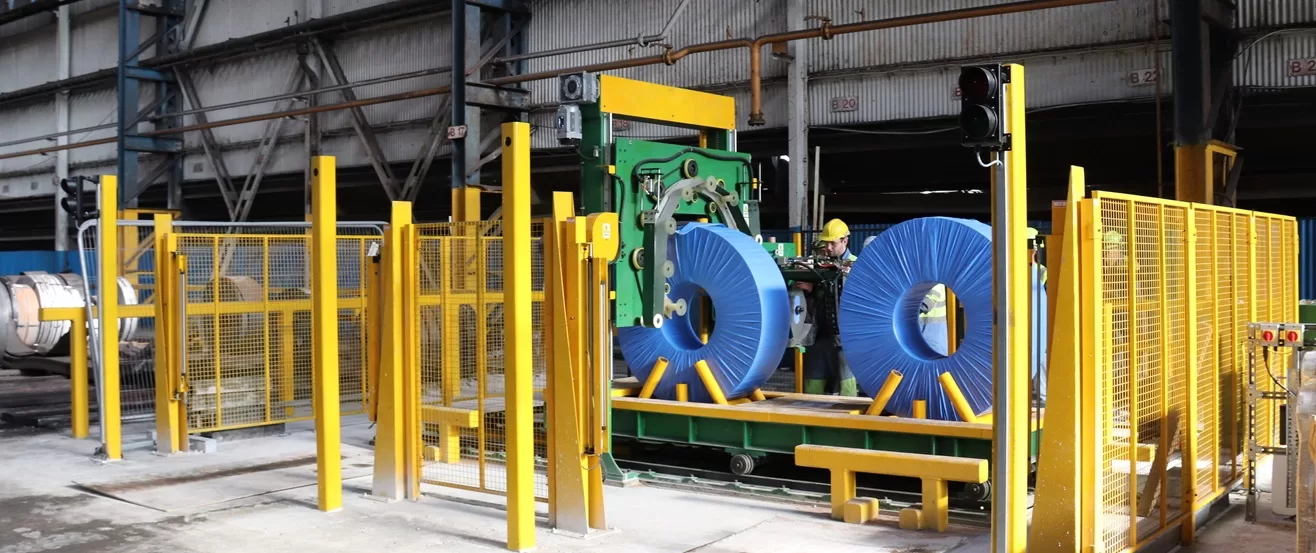
- Service Contract:
- What types of service contracts are offered?
- What services are included in each contract type (PM, repairs, parts, emergency service, remote support)?
- What are the service response times guaranteed in the contract?
- Are service rates fixed or subject to change?
- Are travel expenses and labor costs included, or are they extra?
- What is the process for scheduling maintenance visits and requesting emergency service?
- Can the service contract be customized to our specific needs?
- What are the contract terms and cancellation policies?
Conclusion: Invest in Uptime and Peace of Mind
Warranties and service contracts are not merely expenses; they are strategic investments in the longevity, reliability, and efficiency of your industrial coil packaging systems. While warranties provide essential initial protection against manufacturing defects, service contracts offer a proactive, ongoing approach to system maintenance and support.
By carefully evaluating your operational needs, understanding the nuances of warranties and service contracts, and choosing the right coverage, you can minimize downtime, reduce long-term costs, and ensure the continuous, optimized performance of your critical coil packaging operations, ultimately contributing to a more robust and profitable manufacturing business. Proactive maintenance and the right service partnership are key to maximizing your return on investment and achieving operational peace of mind.
